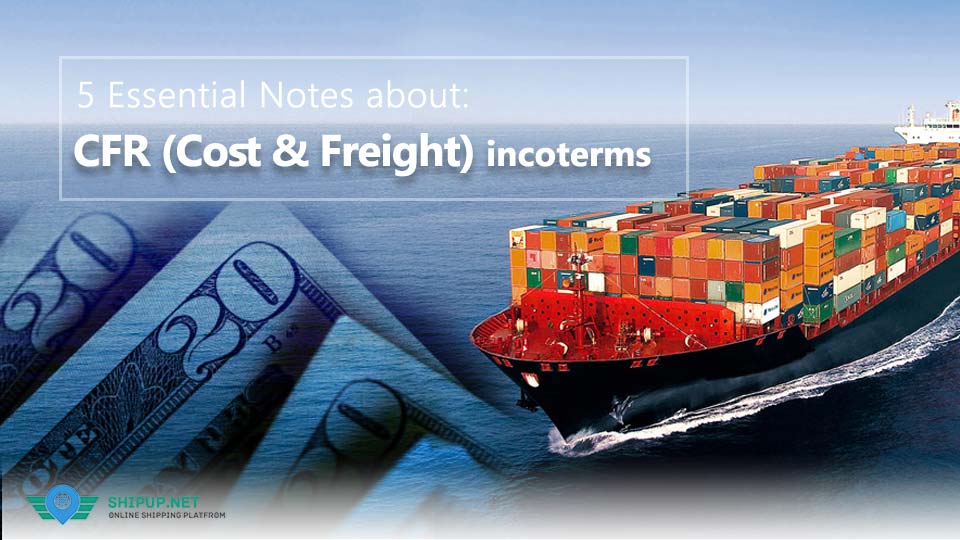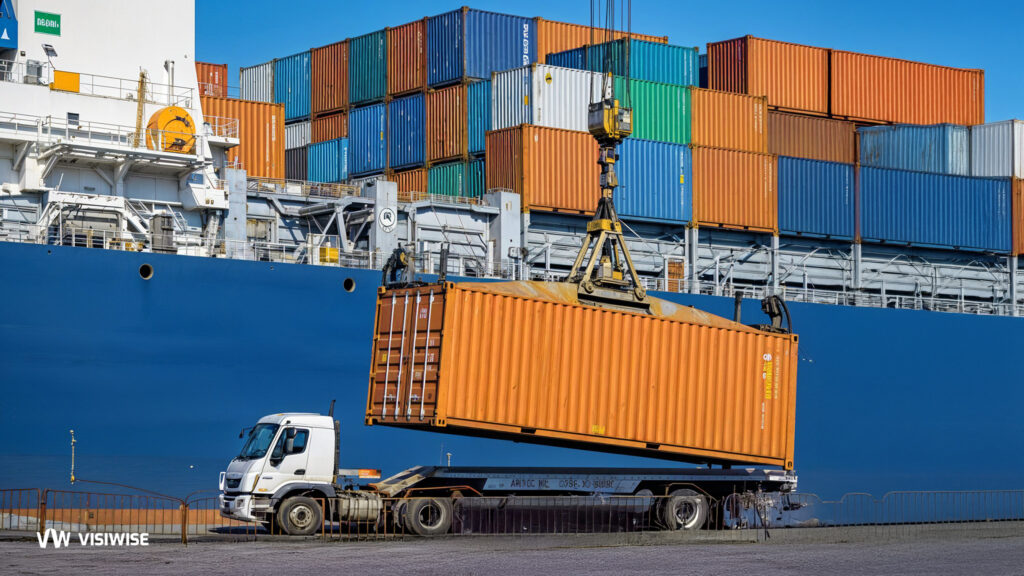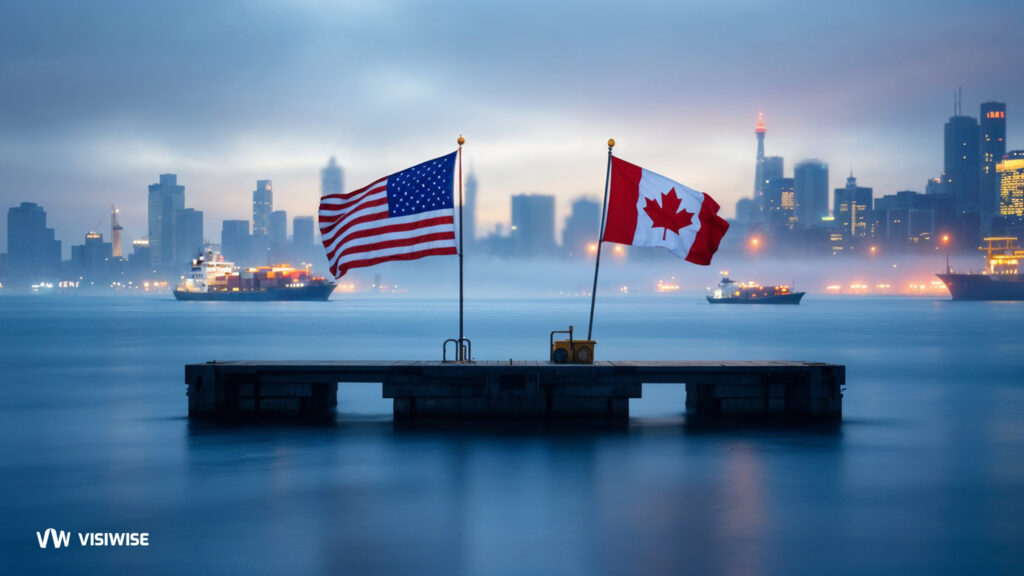CFR Incoterms (Cost and Freight) means that the seller is obliged to deliver the goods onboard of the vessel. The seller must contract for the carriage and pay for it to the nominated destination. Although he pays the freight cost, the buyer bears the risk of shipment from once the shipment is loaded on board.
1. Which party choose the carrier in CFR Incoterms?
- Although the seller contracts for the carriage, it is highly recommended that the buyer instruct him for choosing the carrier. It is mainly because that the buyer has to bear all the risks of any loss or damage.
2. Where and when the risks and costs transfers to the buyer?
- Risks and costs transfer at different point under CFR Incoterms. The seller pays the costs up to arrival at destination port while bears the risks until the goods are loaded on board.
3. What about unloading and local charges at destination under CFR Incotrerms?
- The buyer is obliged to pay all the costs after arrival of the vessel at destination. Therefore all the local charges at destination port is for the buyer account. This is a very important point. Some carriers have high local charges at some ports. The buyer must check these charges while instructing the seller for choosing the carrier.
4. What is differences between liner trade and chartered ship and why it is important under CFR Incoterms?
- The liner trade is a regular weekly service that goes port to port to finally call the intended destination port. Chartered ships carry the goods from an interior point in the country of shipment to an interior point in the country of destination.
- In case of chartered ship, It is then inappropriate to use the CFR term, and the parties are advised to use the CPT term instead.
5. Why should parties avoid stipulating date of delivery at destination?
- When, for example, the contract stipulates that delivery should take place not later than a specified date at destination (for example “arrival London not later than …”), this kind of stipulation defeats the object of the CFR term and leaves room for different interpretations of the contract.
To read the full obligation of the seller and the buyer in CFR Incoterms read the book “ICC Guide to Incoterms 2010”
Other useful links:
5 Essential Notes about: Free On Board (FOB) Incoterms
5 Essential Notes about: Free Carrier (FCA) Incoterms
5 Essential Notes about: Ex Works (EXW) Incoterms
Incoterms: Shipping Guide Every Trader Must Know



